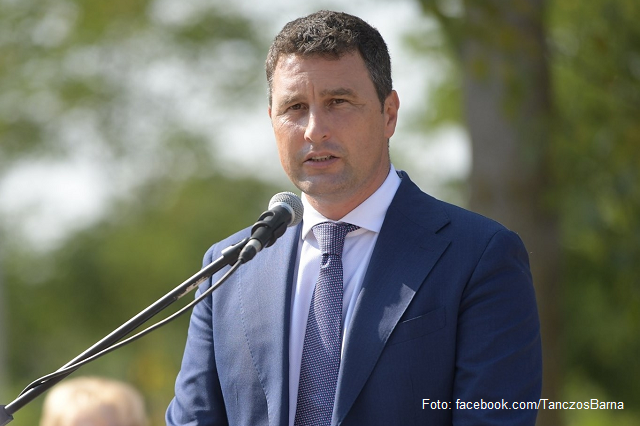A Country Free of Stranded Waste
According to World Bank estimates, the quantity of waste generated globally will rise from 2,010 million tons in 2016 to 3,400 million tons in 2050

Corina Cristea, 15.04.2022, 11:37
According to World Bank estimates, the quantity of waste generated globally will rise from 2,010 million tons in 2016 to 3,400 million tons in 2050. Recycling systems will have to cope with this staggering volume. But how prepared are they to do so? Statistics regarding managing solid municipal waste in the EU shows that there are major differences between member states, and the most flagrant appears when comparing the stored waste and recycled waste. The aim is to reduce to a minimum stored waste, which is considered the worst option, but, unfortunately, this continues to be the widest used way of getting rid of waste in some member states. In Romania, the practice of collecting mixed waste, without separation at the grassroots level, is still widespread. At the same time, waste treatment is still at small scale, and only for some waste flows. That is the reason for which Romania is next to last in the EU, with a rate four times lower than the European average, which is situated around 47%. The country missed the aim of reaching a rate of recycling worth 50% by 2020, and now is facing a new threshold, that of 55% recycling by 2025. This is a hard to reach rate for Romania, which is still struggling to shut down illegal dumping areas. Still, Romania does recycle. Hundreds of tons of European waste are imported for that purpose. For Western countries, the recycling costs in Romania are much more advantageous, while recycling companies import selected waste from abroad to compensate for the lack of raw material here. However, under the pretext of recycling, tons of waste reached the country and came to be thrown onto empty fields, or illegally incinerated. What Romania needs more than ever is ample awareness raising campaigns. Recycling is a complex topic, which needs rigorous education, according to environmentalists.
Talking about this with Radio Romania, Environment Minister Tanczos Barna said that the most difficult mission may be a change in mentality, and recalled a few initiatives by the authorities:
“The change in mentality at the individual level is a long and arduous process. Which is why we started from a young age, we start in school, with the Educated Romania program. We take this information to each classroom, each school, up to the end of the school year. We speak to the children for 10 or 15 minutes, we present to children the importance of selecting waste, and the importance of discarding it in dedicated areas. Next year, as part of Green Week, we dedicate a week out of the school year to the environment, not just waste, but also to how we behave in forests, how we take care of habitats, of species, and so on. We have to bring this information into schools, it has to reach children, because at their age, there are ten times, maybe one hundred times more receptive towards this information. I hope they end up educating us, adults, who often behave in an irresponsible, carefree manner.”
At the same time, the Ministry of the Environment has launched a national campaign for all citizens, together with local authorities, institutions, and NGOs. Such action comes as agents of the Environmental Guard identify almost daily locations where stranded waste is being thrown, and no local measures are taken to get it cleaned up. Here is Tanczos Barna:
“There are tens of thousands of locations with stranded waste, and the Environmental Guard cannot cope with investigating each and every one. We would probably need thousands of people to go street by street, field by field, and forest by forest. Which is why, in order to clean up this country, to clean up Romania, we would need the help of local authorities, first and foremost. Beyond this help, we would definitely need a change in mentality, because once a place is cleaned up, we need to keep it clean.”
The main goal is selective collection of waste, so that car tires would go in one place, plastics in another, while textiles and other materials reach once again the circular economy, according to the authorities. What is most important is to reduce year by year, day by day, the volume of stored waste, the waste that reaches dumps, because this waste is a valuable source of raw materials. At the same time, measures are being taken to manage waste efficiently, also criminalizing more severe violations of code, those which have a significant impact on the quality of the air and the health of the population.






























